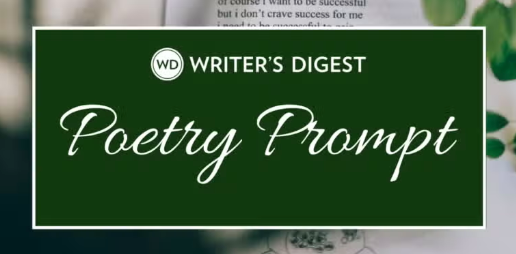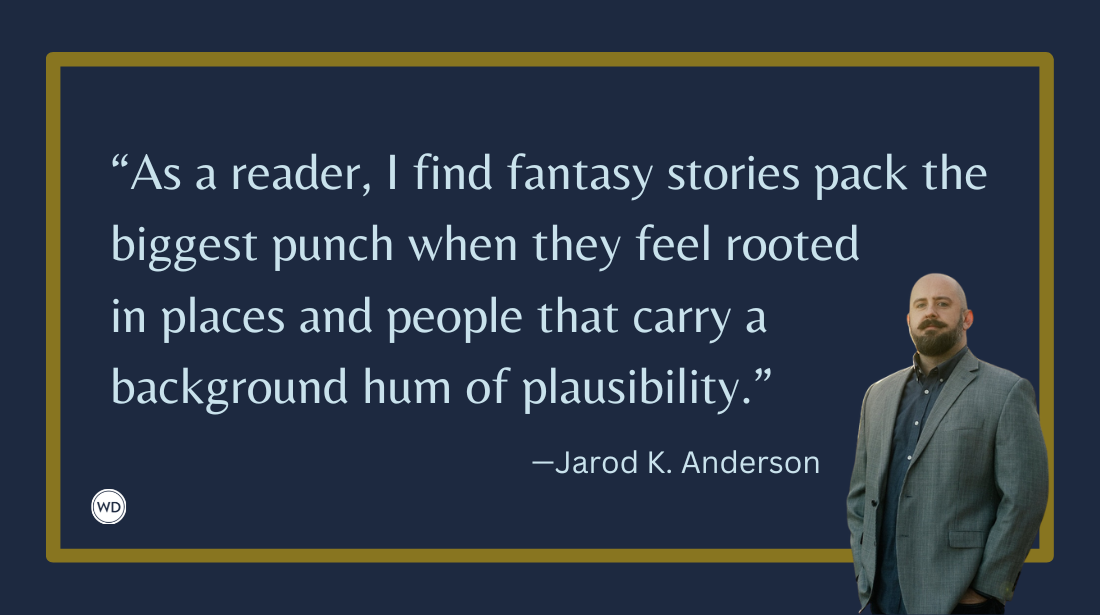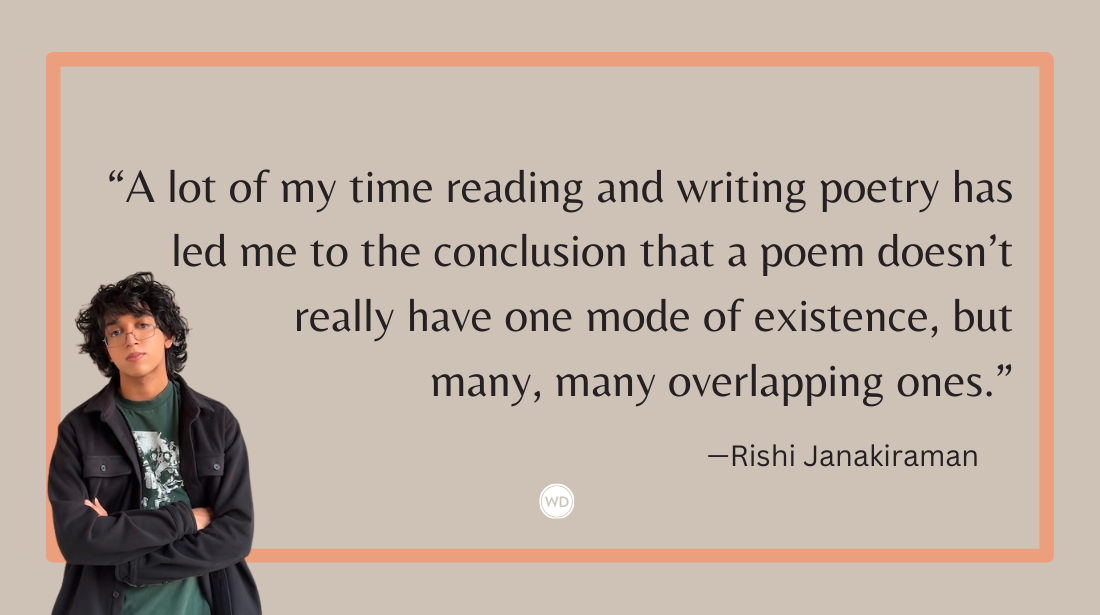Why I Write Poetry: Pat Anthony
In 2017, I started a “Why I Write Poetry” series of guest posts. I’ve already received so many, and I hope they keep coming in (details on how to contribute…
In 2017, I started a “Why I Write Poetry” series of guest posts. I’ve already received so many, and I hope they keep coming in (details on how to contribute below). Today’s “Why I Write Poetry” post comes from Pat Anthony who shares five lessons she's learned and writes, “Fifth lesson: You do not write poetry. You are a poet. You. Are. Poem.”
Pat Anthony writes from the rural Midwest, getting inspiration from the rugged furrows of plowed ground and those on the faces of the men and women working the land. She draws from experience and observation, responding to the poetry she finds everywhere. She has work published or forthcoming in Third Wednesday, Snakeskin, Cholla Needles, Gryoscope and Waterways among others.
*****
Master Poetic Forms!
Learn how to write sestina, shadorma, haiku, monotetra, golden shovel, and more with The Writer’s Digest Guide to Poetic Forms, by Robert Lee Brewer.
This e-book covers more than 40 poetic forms and shares examples to illustrate how each form works. Discover a new universe of poetic possibilities and apply it to your poetry today!
*****
Why I Write Poetry: Pat Anthony
I began writing in sixth grade to meet the required poem-a-week. I found topics challenging, rhyme more so. Beyond what I produced, which earned high marks, was the fact that weekly, when it came my turn to recite, Sr. Mary Henrietta (RIP) left to go into the hall and fill up her water glass. Out of spite I wrote more, worked harder. She never told me why, but she had to realize I noticed. First lesson: Poetry can propel you past pain.
High school was relatively normal until boarding school the last two years. The death of my older brother to leukemia. I wrote now for survival. Locked myself in the high-ceiled classrooms and spent hours trying to figure out the shades of green in trees, how words might fill voids. Counseling was nonexistent, writing was all I had. I stuffed poems into a little pink stationery box I have to this day. Second lesson: Poetry can get you out of bed in the morning.
Graduation loomed and learning to be a proper housewife was all the future held so I boarded city buses into the next state and announced I wanted to go to college. I had no money but a stellar GPA, class president senior year, yearbook editor. The business department put me to work. I published my first piece in the student literary magazine. Third lesson: Poetry can be shared and expanded upon by others.
I wrote. Published often, won small but noteworthy awards from state associations, area schools and universities. Studied with the Kansas Poet Laureate, Jonathan Holden, until I discovered I couldn’t do two things at once and do them well. I would either write full time and starve or work full time and invest in family, first as a single mom, later with a second family. With much regret, I resigned as a small-press poetry editor, stuffed my work into an ominous black filing cabinet and only wrote furtively in spare notebooks, the 3x5 labeled Roadkill in the car’s side pocket. Started every new year in anticipation of a comeback. Fourth lesson: Always have paper, poems are in your blood.
Retiring after years in corporate and education found me resolved to reclaim the only thing I had ever wanted to do: write poetry. I dug out the notebooks and began to transcribe. Laid work aside to chill. Edited and re-edited. Looked up a number of old publications only to discover many had vanished in the wave that decimated small presses in print format.
A careful investigation of online publishing was to discover that a vibrant world awaited. While some print withstood the test of time, new journals had emerged. Dusty drafts morphed from years of distillation into poems. Fifth lesson: You do not write poetry. You are a poet. You. Are. Poem.
So why do I write poetry? Because I have to. It’s my lifeline, and I don’t dare let it go.
*****
If you’d like to share why you write poetry, please send an e-mail to robert.brewer@fwmedia.com with a 300-500 word personal essay that shares why you write poetry. It can be serious, happy, sad, silly–whatever poetry means for you. And be sure to include your preferred bio (50-100 words) and head shot. If I like what you send, I’ll include it as a future guest post on the blog.






